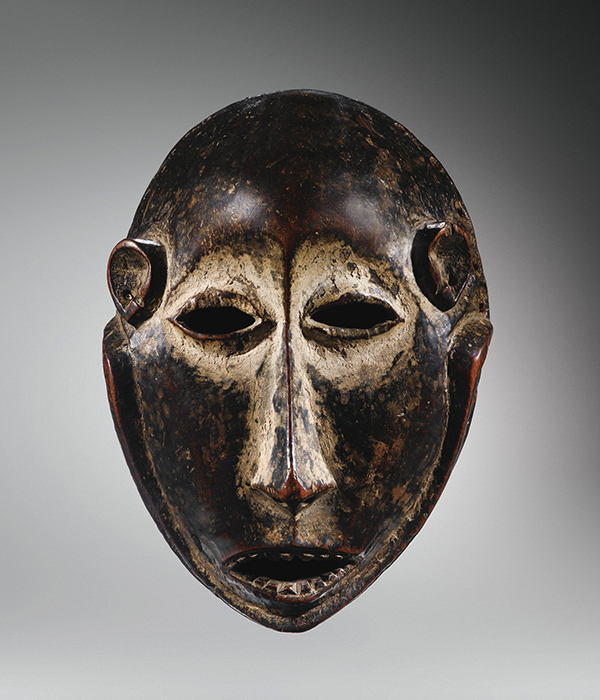Brussels 14.12.2020 “Western Sahara future should be solved in political negotiations. We call for quick resumption of negotiations under the auspices of the United Nations (UN) to find lasting and mutually acceptable political solution to the issue”, the spokesperson of the European External Actions Service said, while reacting upon recent events around the status of Western Sakhara.
(Image: illustration).
The EU diplomat placed the issue into broader international context, not limiting it to the 27 bloc to Mediterranean neighborhood, while commenting on the future of Saharawi people, and possible autonomy status within the Kingdom of Morocco.
(Image: illustration, archive)
The EU diplomacy spokesperson also added that the negotiations should be conducted in compliance with the U.N. resolutions on Western Sahara, in particular the last one from October 2020. (Adopting resolution 2548 (2020) by 13 votes in favour to none against, with 2 abstentions (Russian Federation, South Africa), the Council extended the mandate of the United Nations Mission for the Referendum in Western Sahara (MINURSO) until 31 October 2021).
“In this context we are looking forward to appointment of the new personal envoy of the United Nations in order to pursue this political process, but the future determination of the status of the Western Sahara, the future of its people – from European point of view – should be decided in political process under the auspices of the U.N.
The Sahrawis largely depend on outside help to survive. In the remote region where the refugee camps are located, access to basic resources such as food, water, healthcare, housing, and education is limited. The climate in the desert is extremely harsh.
A 2019 nutrition survey (World Food Programme, June 2019) found increasing malnutrition among the Sahrawi refugee children, with global acute malnutrition among under the age of 5 at 7.6% compared to 4.7% in 2016. Half of the number children and women also suffer from anaemia.
The largely isolated camps offer almost no employment opportunities, making refugees dependent on remittances and international aid. In such a remote location, logistics also play a key role to ensure regular distributions of relief to the refugee population.
Social cohesion and peace are extremely fragile in the camps, with young people growing frustrated by the lack of opportunities or change due to the political stalemate. Livelihood activities are therefore crucial to reduce the risk of radicalisation or social unrest. The Sahrawi desert refugee camps are prone to natural hazards such as flash floods and sandstorms. In February 2020, it was confirmed the coronavirus had spread to Algeria, leading to curfew measures across the country and in the camps.

Reblogged this on ALGMARTUN.
LikeLiked by 2 people